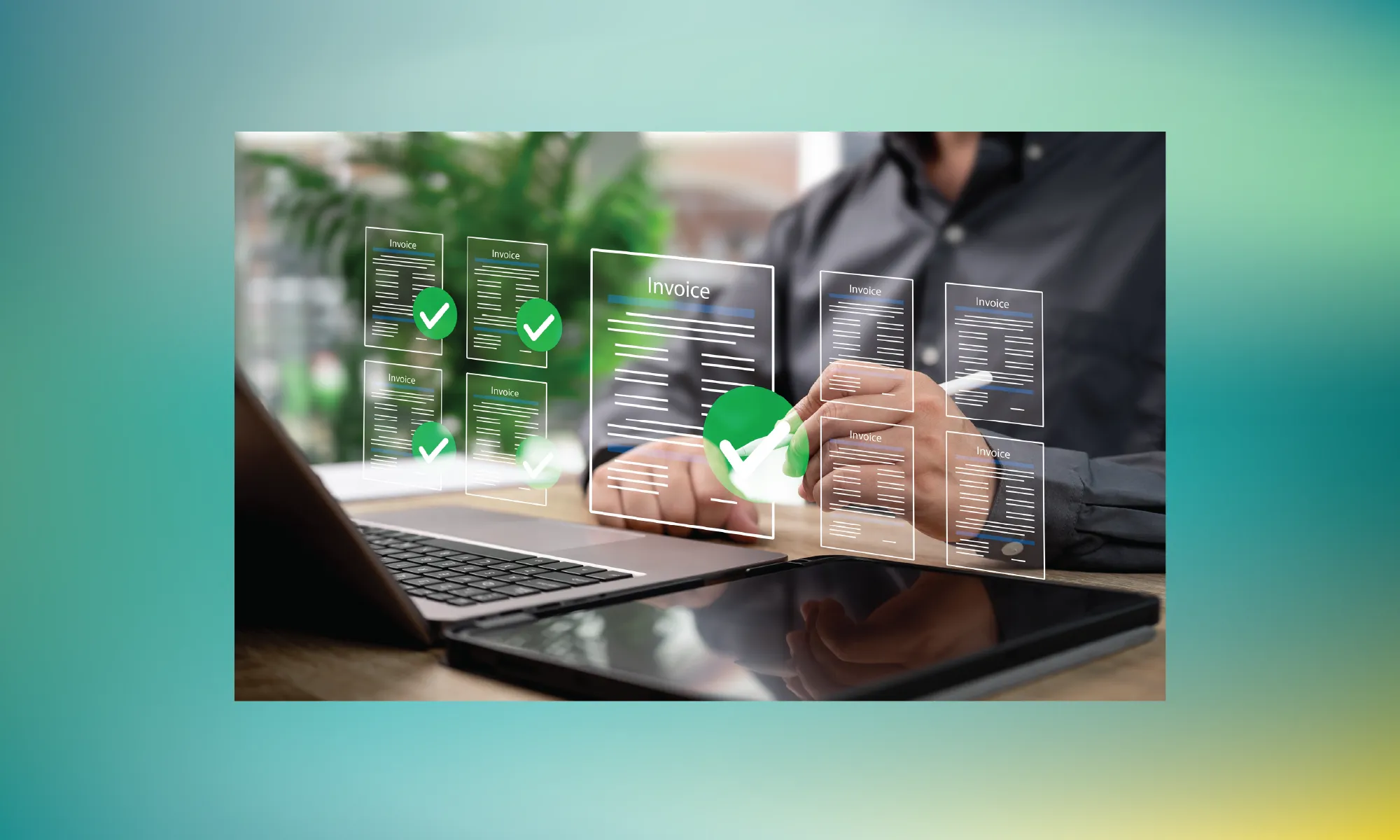In the recent Inland Revenue Board of Malaysia (LHDNM) e-invoicing Initiative Engagement session that was held on April 12th, the plans for a nationwide e-invoicing model were laid out.
Malaysia is the latest country to propose the introduction of a Continuous Transaction Controls (CTC) system to help reduce tax leakage.
The proposal envisions a CTC model, requiring sales invoices and receipts to be first sent to the tax authorities in real-time for verification (clearance) before being delivered to the customer/buyer.The verification is done by submitting a structured XML invoice file to the LHDN platform via API. Once cleared, the XML invoice will be returned to the supplier only then may it be exchanged with the intended trading party, which can be done in any format or method. The LHDN platform will notify the buyer via push notification or email for access to invoices that have been cleared. PDF and other paper invoices can be exchanged with the buyer but a QR code with embedded URL linking the document to the LHDN platform is required to be displayed.
What is the proposed Timeline?
- January 2024: Voluntary adoption of e-invoicing through the LHDNM;
- June 2024: Mandatory e-invoicing for taxpayers with an annual turnover of MYR 100 million or above;
- January 2025: Mandatory e-invoicing for taxpayers with an annual turnover of MYR 50 million or above;
- January 2026: Mandatory e-invoicing for taxpayers with an annual turnover of MYR 25 million or above; and
- January 2027: Mandatory e-invoicing for all remaining taxpayers.
What are the transactions in scope?
All domestic (B2B, B2C, B2G) and cross-border transactions will be in scope.
What are the documents in scope?
- Sales Invoices
- Credit / debit notes
- Cancellations
- Receipts
Which are the businesses in scope?
The LHDN confirmed that all Malaysian tax registered businesses producing sales invoices (including cross border transactions) and receipts will be in scope of the mandate once it is fully implemented in 2027. It is not yet clear if this obligation includes foreign resident businesses.
Will Peppol play a role?
The LHDN confirmed that Peppol cannot be used when sending invoices to the LHDN platform for clearance, with API being the only method available.
How can Fonoa help?
With Fonoa, you comply with e-invoicing regulations in countries where the tax authority requires the generation and transmission of e-invoices or reporting of data in a structured electronic format. Fonoa is one centralized and standardized tax technology solution across countries, made for high-volume global businesses.
Fonoa’s solution has the most advanced technology in automated data cleansing, validation and verification of tax data, minimizing the need for human intervention and reducing risk.
Get in touch: Contact Fonoa.
















